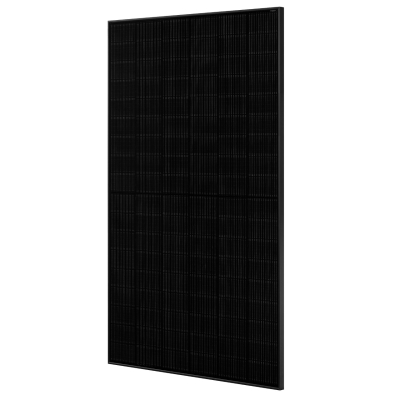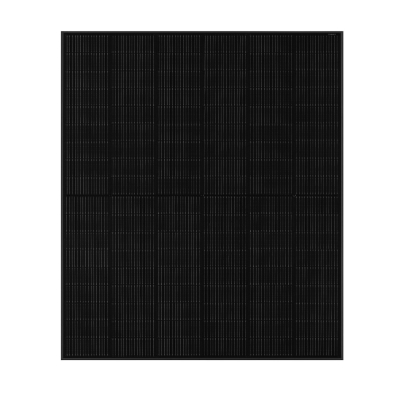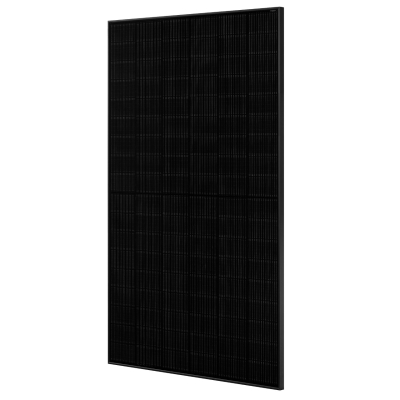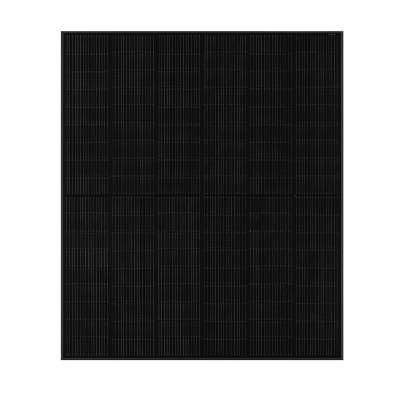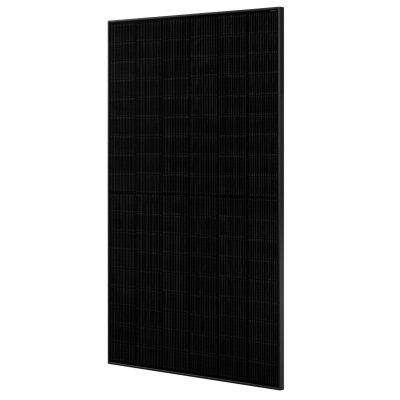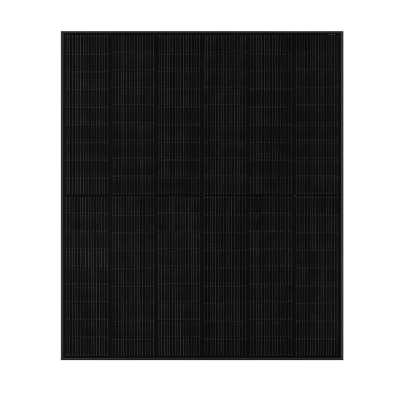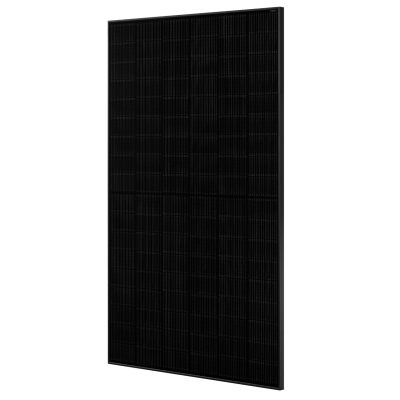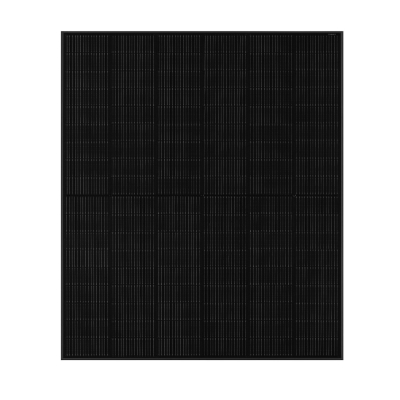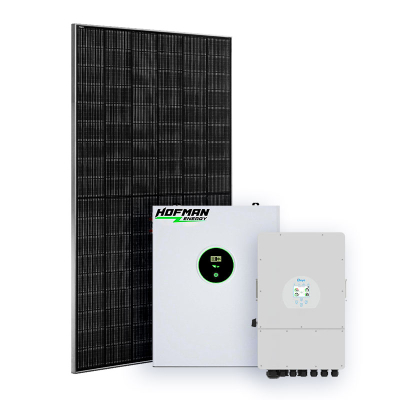Photovoltaics
Items 1 - 7 of 7
- SKU:
- HE-RO-RSM40-8-400MB
- Shipping weight:
- 22,00 kg
- Item weight:
- 21,00 kg
- SKU:
- HE-RO-STP420S-C54
- Shipping weight:
- 22,00 kg
- Item weight:
- 21,00 kg
- SKU:
- HE-RO-LR5-54HTB-420M
- Shipping weight:
- 22,00 kg
- Item weight:
- 21,00 kg
- SKU:
- HE-RO-JAM54D41440LB
- Shipping weight:
- 23,00 kg
- Item weight:
- 22,00 kg
- SKU:
- HE-UNI-SET0003-SET
- Shipping weight:
- 95,00 kg
- Item weight:
- 90,00 kg
- SKU:
- HE-UNI-SET0004-SET
- Shipping weight:
- 104,00 kg
- Item weight:
- 81,00 kg
- SKU:
- HE-UNI-SET0002-SET
- Shipping weight:
- 931,00 kg
- Item weight:
- 874,50 kg
Items 1 - 7 of 7
